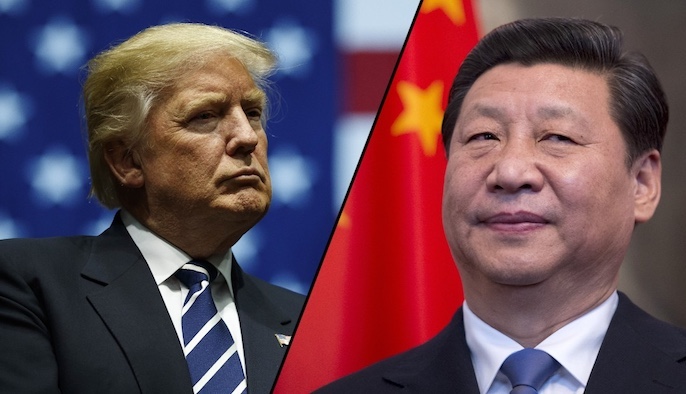Trump to join surprise US-Japan trade talks, expands agenda beyond tariffs to military costs

US President Donald Trump has announced he will personally attend a key meeting between Japanese and US trade officials on Wednesday, in a surprise move signaling his direct involvement in trade negotiations shaped by his administration’s sweeping tariff measures.
The talks, initially expected to be led by Treasury Secretary Scott Bessent, were arranged following Trump’s recent tariff blitz, which imposed steep duties on imports from dozens of countries. Japan sent Economic Revitalisation Minister Ryosei Akazawa to Washington in hopes of limiting the agenda to trade and investment matters.
However, Trump posted on Truth Social early Wednesday that he would join the talks, adding other contentious issues to the table.
“Japan is coming in today to negotiate Tariffs, the cost of military support, and ‘TRADE FAIRNESS’,” he wrote.
“I will attend the meeting, along with Treasury & Commerce Secretaries. Hopefully something can be worked out which is good (GREAT!) for Japan and the USA!”
The scope of the discussions now includes Tokyo’s financial contributions to US military deployments in Japan, home to America’s largest overseas troop presence.
Treasury Secretary Bessent is also expected to raise the issue of currency manipulation, a long-standing gripe of Trump’s administration. The US claims Japan and others intentionally weaken their currencies to gain unfair trade advantages — an accusation Tokyo strongly denies.
Japan’s exports to the US have been hit with 24% levies, although these have been temporarily suspended for 90 days. A 10% blanket tariff remains, alongside a 25% duty on cars — a critical blow to Japan’s export-dependent economy.
Bessent has described Japan as having a “first mover advantage” in securing talks, with more than 75 countries requesting similar negotiations. But Prime Minister Shigeru Ishiba has stated Tokyo will not be rushed into any deal, nor will it make significant concessions.
“The difficulty for the Japanese team is that the United States has created a huge amount of leverage for itself, unilaterally,” said Kurt Tong, managing partner at The Asia Group and a former US State Department official.
“From their perspective, it feels like economic coercion.”
Ishiba has ruled out immediate countermeasures and maintains Japan does not manipulate the yen for trade advantage.
The evolving US-Japan talks now appear to be as much about geopolitical posturing and military costs as they are about trade.





